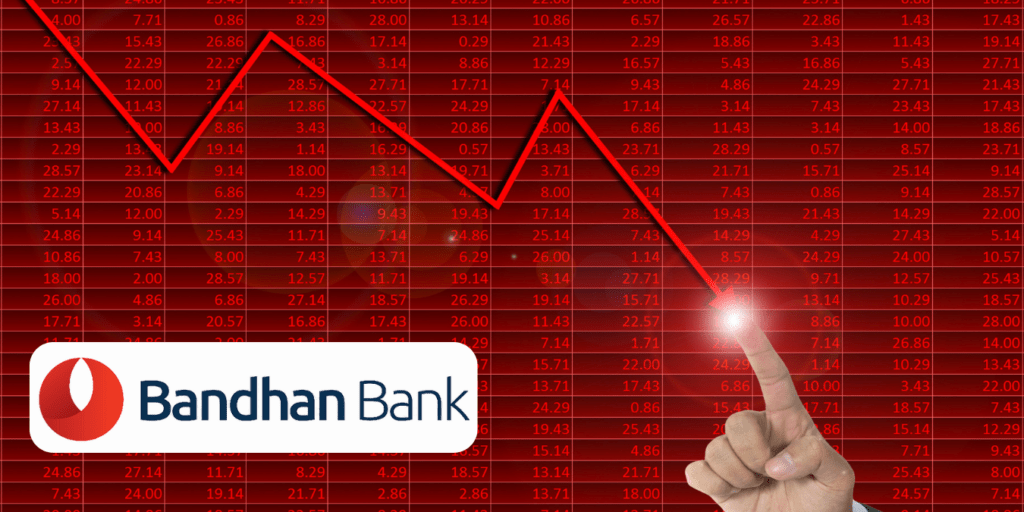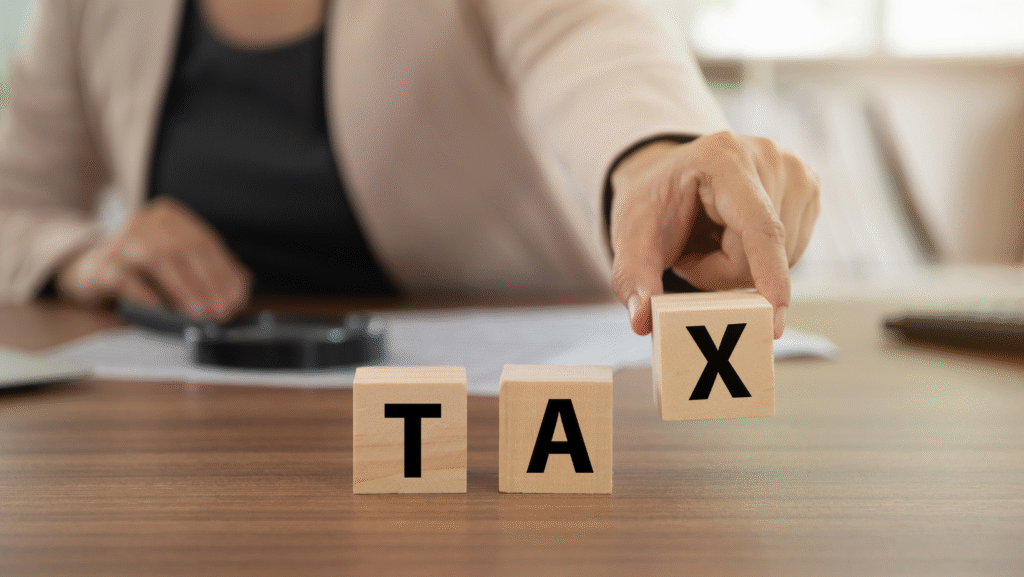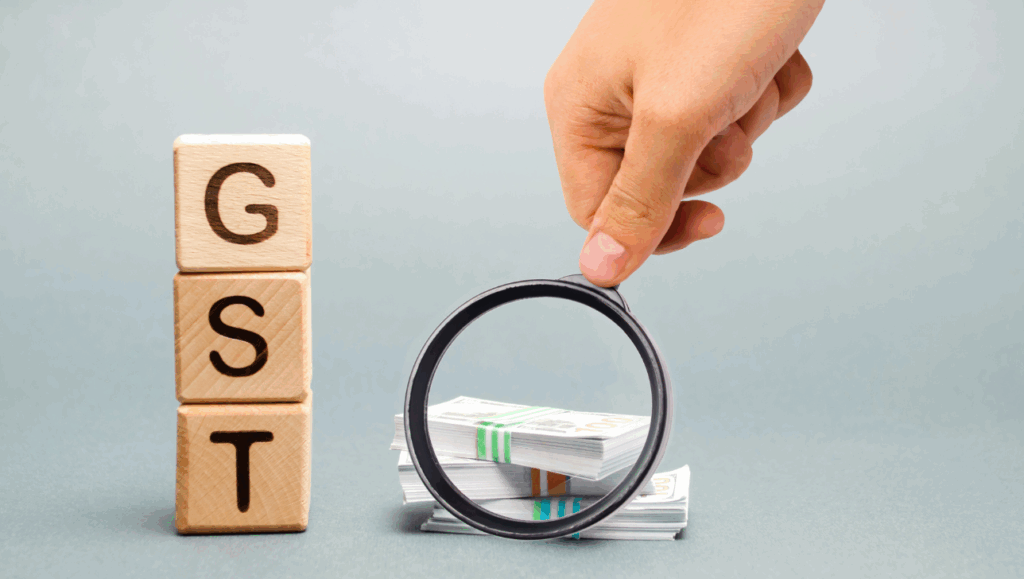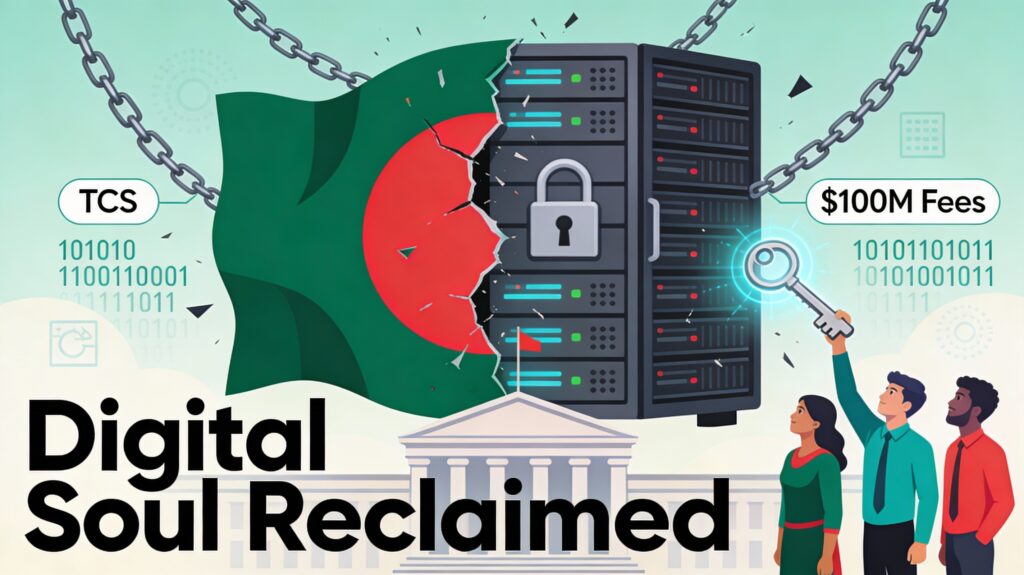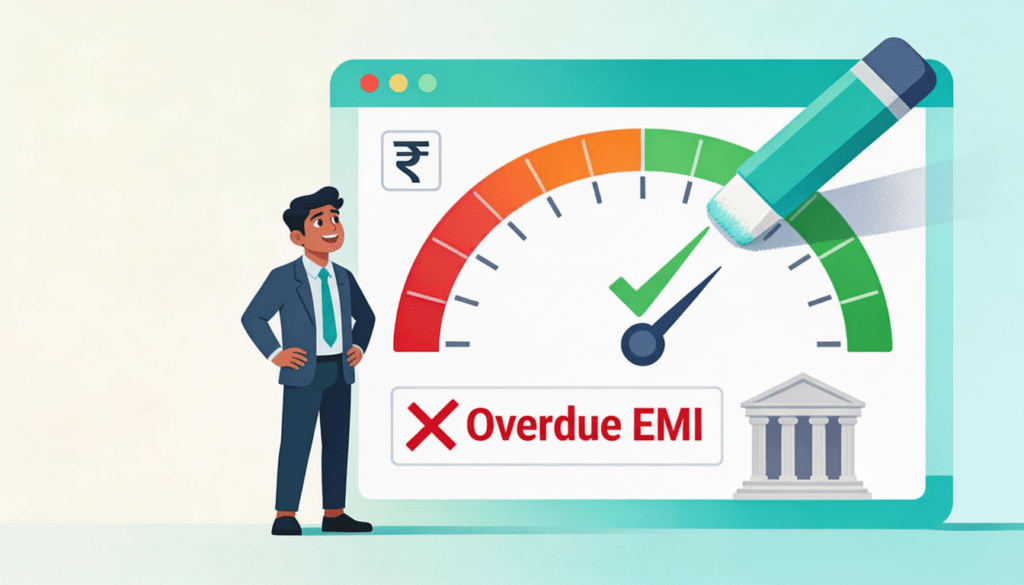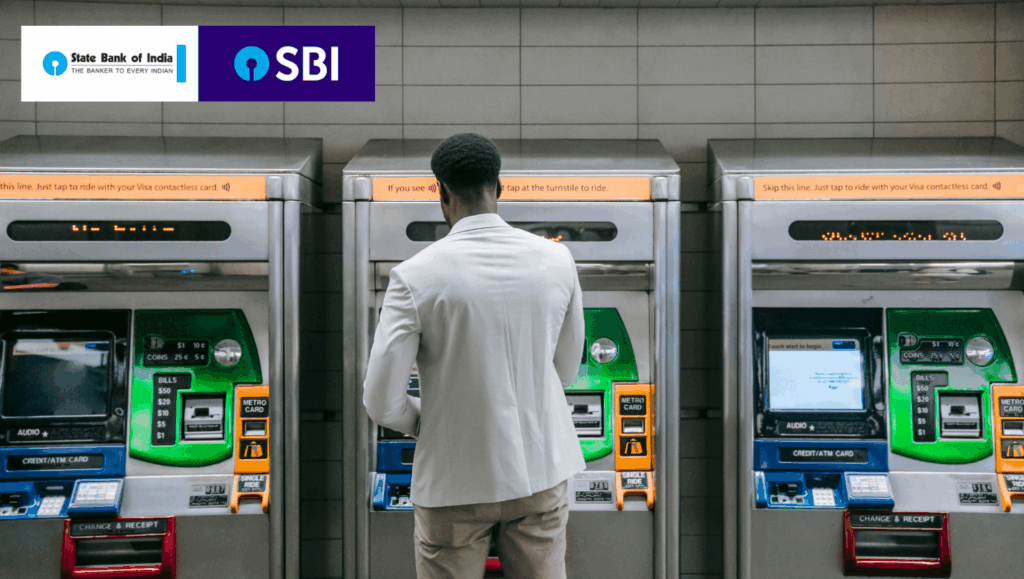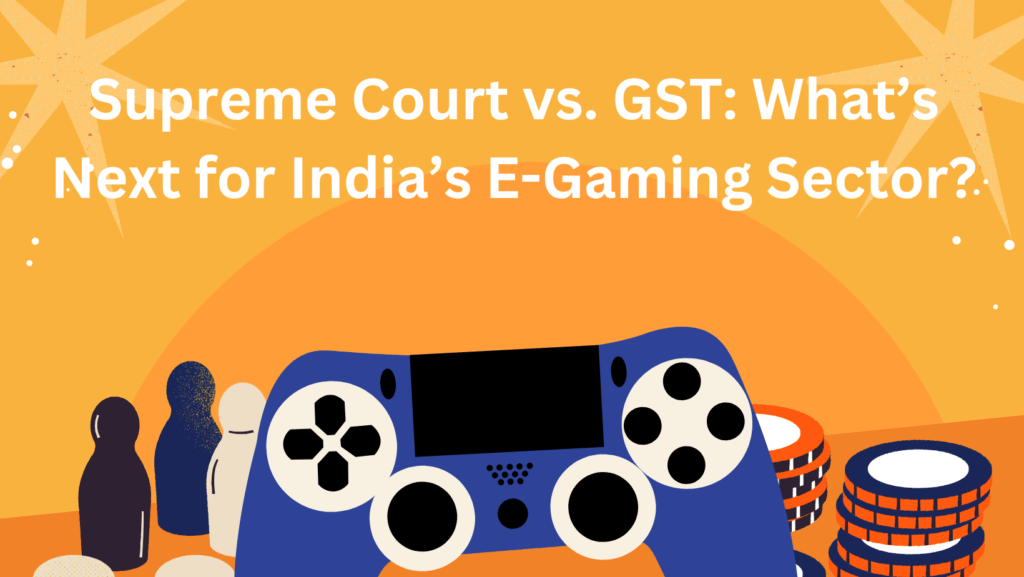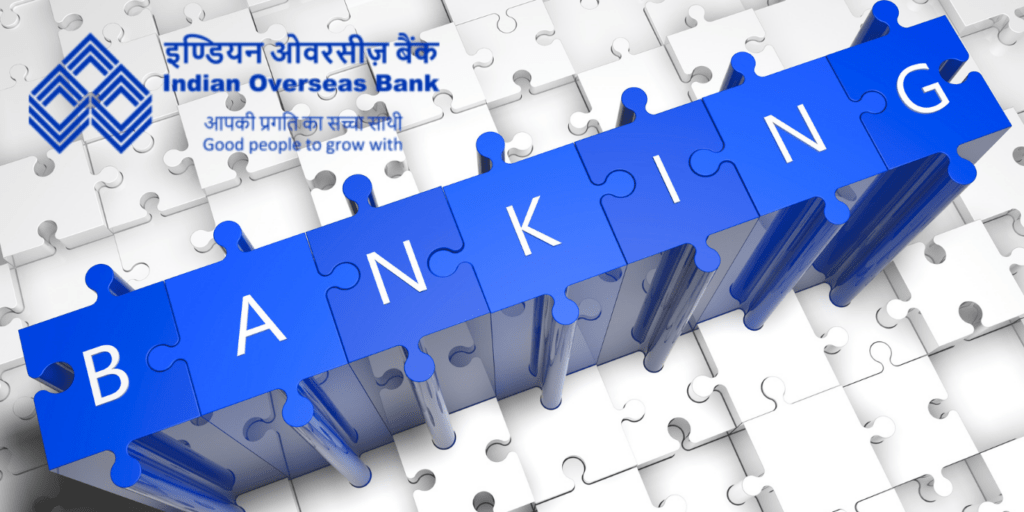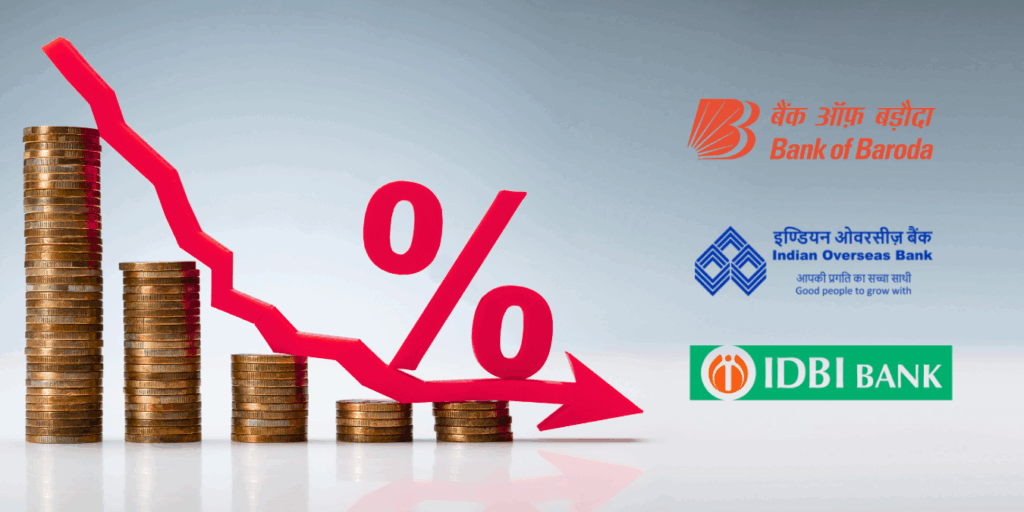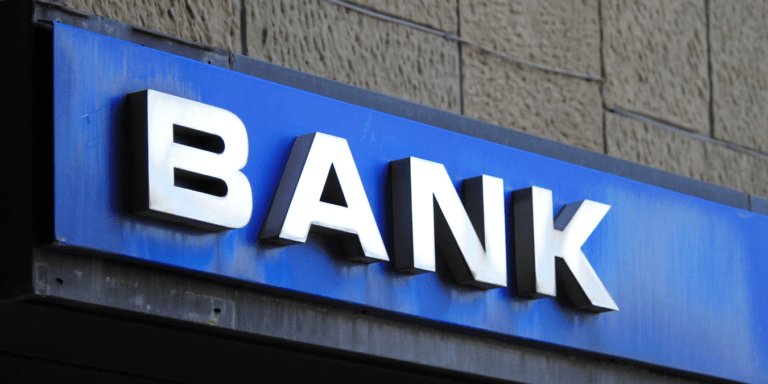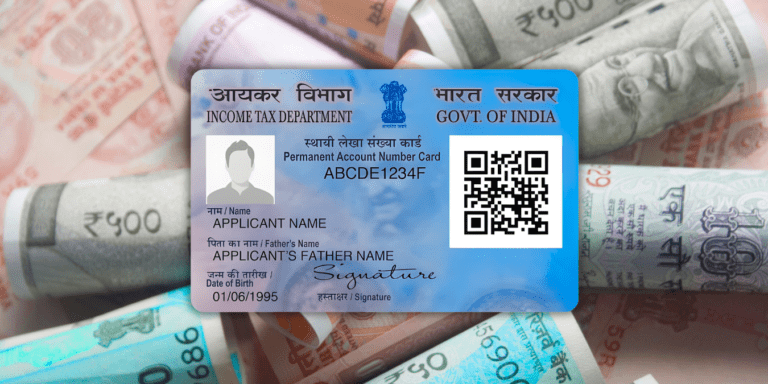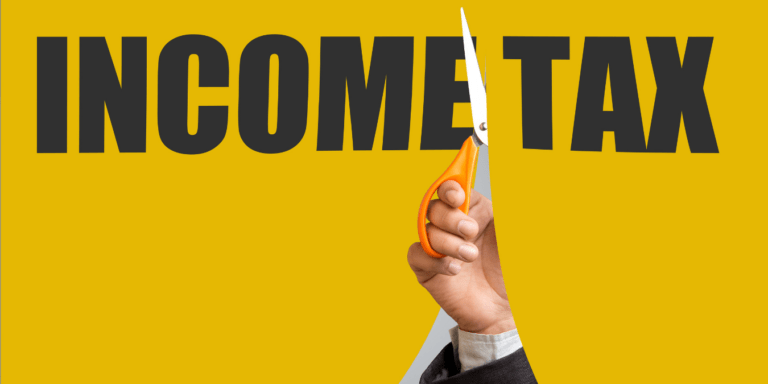
Why the Income Tax Department is eyeing credit card bills over ₹1 lakh in 2025! Learn how to stay compliant, avoid tax notices, and manage high-value transactions. Get expert tips to navigate tax laws and ensure financial transparency in this insightful guide!
In a move to curb tax evasion and enhance financial transparency, the Income Tax Department of India has intensified its scrutiny of high-value transactions, particularly credit card bills amounting to ₹1 lakh or more. This development has sparked widespread curiosity among taxpayers, especially those who frequently use credit cards for personal and business expenses. With the taxman now empowered to investigate such transactions, understanding the implications, compliance requirements, and ways to stay on the right side of the law is crucial.
Why Is the Income Tax Department Focusing on Credit Card Transactions?
The Income Tax Department’s decision to monitor credit card bills exceeding ₹1 lakh is part of a broader strategy to track unreported income and ensure tax compliance. Credit cards are a popular payment method in India, with millions of users leveraging them for convenience, rewards, and cash flow management. However, they also present opportunities for tax evasion, such as underreporting income or funneling unaccounted money through cash repayments. Recent posts on X highlight this growing vigilance, noting that cash payments of ₹1 lakh or more toward credit card dues or annual credit card spending exceeding ₹2 lakh could trigger notices from the tax authorities.
The Central Board of Direct Taxes (CBDT) has leveraged advanced data analytics and the Annual Information Return (AIR) system to monitor high-value transactions. Banks and financial institutions are mandated to report significant credit card transactions to the Income Tax Department, enabling authorities to cross-reference these with taxpayers’ declared income. This aligns with the government’s push for a transparent digital economy, where unreported income, or “black money,” is harder to conceal.
Key Triggers for Income Tax Scrutiny
The Income Tax Department has outlined specific scenarios that may prompt investigation:
- Cash Payments for Credit Card Bills: Paying ₹1 lakh or more in cash to settle credit card dues is a red flag, as it suggests the possibility of unaccounted cash being used.
- High-Value Credit Card Purchases: Annual credit card spending exceeding ₹2 lakh or single transactions worth ₹10 lakh or more may attract scrutiny, especially if they don’t align with your declared income.
- Discrepancies in Income and Spending: If your credit card expenditure significantly exceeds your reported income, the tax department may issue a notice to verify the source of funds.
These measures are part of the Income Tax Act, 1961, specifically under sections like 69A, which deals with unexplained money, and the AIR framework, which mandates financial institutions to report high-value transactions.
The Impact on Taxpayers: What’s at Stake?
The increased monitoring of credit card transactions has far-reaching implications for individuals and businesses. Here’s why this matters:
1. Enhanced Tax Compliance
The Income Tax Department’s focus on credit card bills aims to ensure that taxpayers declare their true income. For salaried individuals, professionals, and business owners, this means maintaining accurate records of income sources and expenses to avoid discrepancies during tax assessments.
2. Risk of Notices and Penalties
Failure to justify high-value credit card transactions could lead to notices under Section 148 of the Income Tax Act for reassessment of income. If discrepancies are found, taxpayers may face penalties, interest on unpaid taxes, or even prosecution in severe cases of tax evasion.
3. Impact on Cash Transactions
Using large amounts of cash to settle credit card bills is now riskier. The ₹1 lakh threshold is a clear signal that the government is cracking down on cash-based transactions to curb black money circulation. This aligns with India’s push toward a cashless economy, supported by initiatives like Digital India and UPI.
4. Increased Documentation Burden
Taxpayers may need to maintain detailed records of their credit card transactions, including invoices, bank statements, and proof of income, to substantiate their spending during tax audits. This is particularly relevant for high-net-worth individuals (HNIs) and businesses with significant credit card usage.
How Does the Income Tax Department Track Credit Card Transactions?
The Income Tax Department employs a sophisticated system to monitor credit card transactions:
- Annual Information Return (AIR): Banks, credit card issuers, and financial institutions are required to submit AIRs to the Income Tax Department, detailing high-value transactions. This includes credit card bills paid in cash (₹1 lakh or more) and annual spending exceeding ₹2 lakh.
- Data Analytics and AI: The department uses advanced analytics to identify patterns of spending that don’t match declared income. For instance, if a taxpayer with an annual income of ₹5 lakh spends ₹10 lakh via credit card, it raises suspicion.
- Integration with PAN: All credit card transactions are linked to the cardholder’s Permanent Account Number (PAN), enabling the tax department to cross-check spending with income tax returns (ITRs).
This robust tracking mechanism ensures that high-value transactions are flagged promptly, allowing authorities to investigate potential tax evasion.
Practical Tips to Stay Compliant in 2025
To avoid running afoul of the Income Tax Department’s scrutiny, taxpayers should adopt the following practices:
1. Use Digital Payments for Credit Card Bills
Avoid paying credit card bills with large cash amounts (₹1 lakh or more). Instead, use bank transfers, UPI, or net banking to ensure a clear digital trail that aligns with your declared income.
2. Maintain Proper Documentation
Keep detailed records of your income sources, such as salary slips, business receipts, or investment income statements. Additionally, retain invoices for significant credit card purchases to justify expenses during tax audits.
3. File Accurate Income Tax Returns
Ensure your ITR reflects all sources of income, including salary, business profits, capital gains, and other sources. Discrepancies between your ITR and credit card spending could trigger a notice.
4. Monitor Annual Credit Card Spending
Track your credit card expenditure to ensure it aligns with your income. If your spending exceeds ₹2 lakh annually, be prepared to explain the source of funds if questioned by the tax authorities.
5. Consult a Tax Professional
For high-net-worth individuals or businesses with complex financials, consulting a chartered accountant or tax advisor can help ensure compliance and avoid surprises during tax assessments.
The Bigger Picture: Why This Matters in 2025
The Income Tax Department’s focus on credit card transactions is part of a broader effort to strengthen India’s tax base and reduce the shadow economy. According to recent data, India’s tax-to-GDP ratio has been steadily improving, reaching 11.7% in FY 2024-25, driven by better compliance and digital tracking mechanisms. However, unreported income remains a challenge, with estimates suggesting that the shadow economy still accounts for a significant portion of economic activity.
By targeting high-value credit card transactions, the government aims to:
- Reduce Tax Evasion: Ensure that taxpayers declare all sources of income, including those funneled through credit cards.
- Promote Financial Transparency: Encourage digital transactions that leave a clear audit trail, making it harder to conceal unaccounted money.
- Boost Tax Revenue: Increase direct tax collections to fund infrastructure, healthcare, and other public services.
This move also aligns with global trends, where tax authorities worldwide are leveraging technology to monitor financial transactions. For instance, countries like the United States and the European Union have similar systems to track credit card spending and ensure tax compliance.
Stay Informed, Stay Compliant
The Income Tax Department’s decision to monitor credit card bills amounting to ₹1 lakh or more is a wake-up call for taxpayers to prioritize financial transparency. By adopting digital payment methods, maintaining proper documentation, and filing accurate ITRs, you can avoid unnecessary scrutiny and stay compliant with tax laws. As India moves toward a more transparent and digital economy, staying informed about these regulations is essential for every taxpayer.

